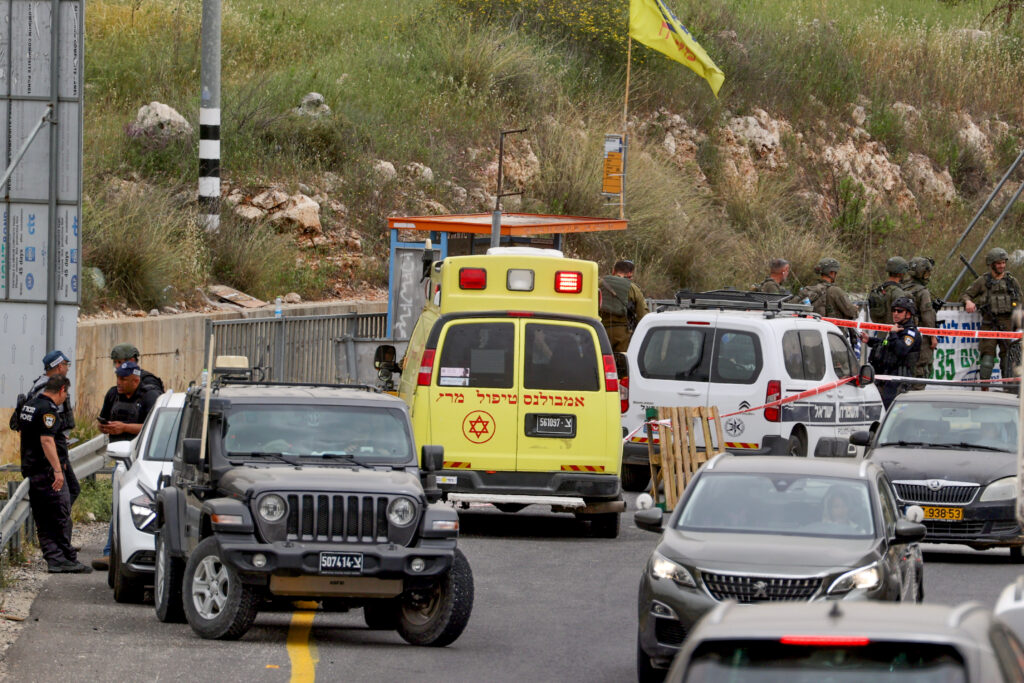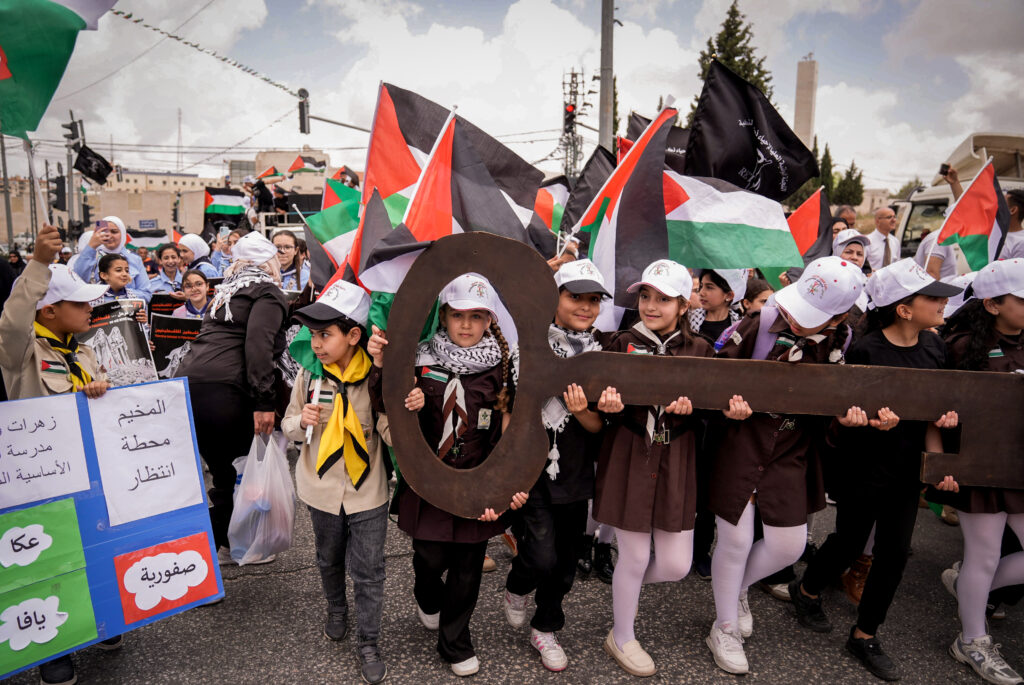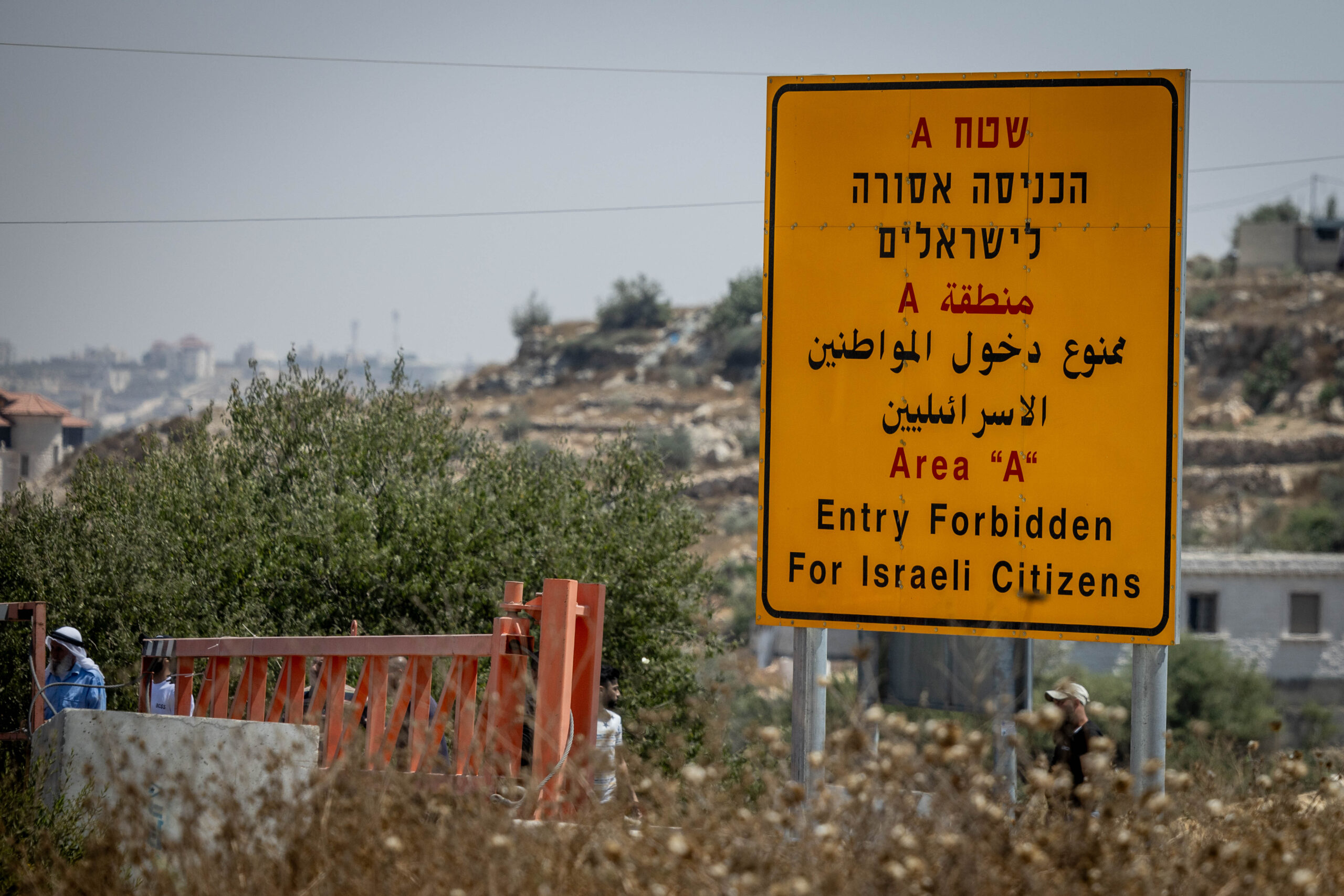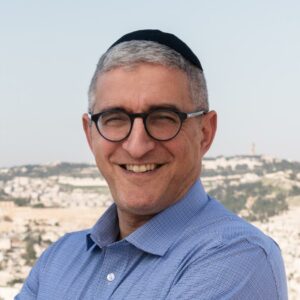I sat to write this late in the afternoon of Tisha B’Av, the ninth of the Biblical month of Av, which is a solemn fast day, culminating a three-week period of mourning and deep introspection on the Jewish calendar, observed for millennia. The big events that are most widely known as the cause of this mourning are the destruction of the two Temples in Jerusalem, on the same day, several hundred years apart.
Jewish tradition is that it was our own internal division, baseless hatred, which was responsible for the Temples’ destruction. Without that, our enemies would not have had the upper hand to perpetrate these. I explored that on a recent conversation for “Inspiration from Zion.”
The “coincidence” of these two catastrophes to befall the Jewish people on the same day is no accident, but there are many other catastrophes that befell the Jewish people on this day over the ages.
The first of these was the return of ten spies Moses sent to scout the Land of Israel (13th century BCE), bringing a negative report. The fall of Betar to Rome in the Bar Kochba Revolt (135 CE), expulsion of the Jews from England (1290 CE), expulsion of the Jews from Spain (1492 CE), and the liquidation of the Warsaw Ghetto (1942). This year, Israelis are also mourning 20 years since the unilateral evacuation of the Jewish communities in Gaza (2005), which many see as the precursor for the catastrophe of the Hamas massacre that took place on October 7, 2023.
Since the destruction of the Temple in Jerusalem, Jews have observed this as a period of mourning and fasting for these and other catastrophes that have taken place. It’s a period where outward signs of mourning are common, including no live music, no weddings, limited social and recreational activities, limitations on meat and wine, and more. I am writing with a scruffy, itchy, unkept beard, following the tradition of no shaving during periods of mourning, personally and nationally.
As much as I look forward to shaving soon, as a people, we’re hopeful that this will be the last year of mourning, and that next year the Temple will be rebuilt as prophesied, and the fast day will become a feast day. Indeed, sitting adjacent to the ruins of the Temples, at the Western Wall and other Biblical archeological sites, reminds us that we are still suffering this loss and breach in thousands of years of Jewish history in the Land of Israel in general, and Jerusalem in particular.
Living over the “green line”, in what many pejoratively refer to as the “West Bank” but is in fact Biblical Judea, there are many interactions between Israeli Jews and Palestinian Arabs on a daily basis that are civil, respectful, and the norm. Yes, rarely a day passes when there’s not some terrorist incident, from throwing rocks at passing Israeli cars, which is common, to other attacks on Israelis and Jewish communities. Today, my son-in-law on the local civilian rapid response team was called out suddenly during the fast due to a potential terrorist event in our own community.
But if you drive our roads, not only will you not see alleged roadblocks preventing Palestinian Arabs from driving on certain roads, but it’s at the entrance to their communities that big red signs are posted reminding Israelis that it is both illegal and dangerous for us to go into their communities. I wonder how Palestinian Arabs feel seeing this on a daily basis, recognizing the reality that we are not safe among them. But when you shop in our grocery stores, bring your car for service, drive past Arab dentists, car washes, and other businesses advertising in Hebrew, one realizes that the danger is from Palestinian Arabs to Israeli Jews. Until October 7, 2023, it was commonplace to see dozens, if not hundreds, of Palestinian Arabs working, farming, and even shopping in our community.

Yes, there are occasional incidents of Jews attacking Arabs, but part of the reason that they are so over-publicized is because they are so rare. Also, it’s never the case of reports of Jews being attacked unless it’s the most extreme of incidents, partly because it’s so normal, and partly because the world rarely cares about Jewish victims but will run to indict Jewish perpetrators.
Because civil interaction where Jews are allowed to interact with Palestinian Arabs is the norm, the other day I was wondering if and to what extent Palestinian Arabs have any sense or appreciation for what’s going on in our calendar and our lives that we exhibit these public aspects of mourning over three weeks, culminating on this day of mourning and fasting. I’m well aware of when Ramadan and Eid al-Adha are, and what Palestinian Arab Muslims are doing, and the change in the pace of their lives. Part of that cannot be helped because we live on top of one another. But part of that is because in many ways our lives are intertwined.
Are they aware, do they understand, do they realize that the people mourning the destruction of both Temples (which they are indoctrinated to believe never existed), are actually deeply rooted to the Land, and that our presence here is not only legitimate, but that it predates Islam by millennia. Or do they look at us as fools, with reproach? Whether or not they believe that a Temple ever stood on the Temple Mount—despite both archaeological evidence and acknowledgments in their own historical writings before the reestablishment of Israel—do they, in our presence, quietly withhold their resistance to the full expression of Jewish sovereignty in the Land of Israel, only to express that resistance more openly and actively within their own communities?
As we were sitting on the ground reading Lamentations (a Biblical description of the destruction of Jerusalem), I could not help but wonder if they realize that their commemoration of catastrophes and our commemoration of catastrophes could not be more vividly different. Since there is no actual history of a Palestinian Arab state, their history is much more modern. It is defined by our history and presence here. Their catastrophes are Israel’s very birth, and the loss as a result of the Six-Day War.
Rather than not holding public celebrations, live music, shaving, refraining from meat and wine, they commemorate their catastrophe, the “Nakba,” with calls to destroy us. By definition, they seek to undo and undermine what we have built, rather than have any deep introspection or reflection as to the cause of their catastrophes. With no personal responsibility and denying historical truth, they can only do one thing: undermine and seek to eliminate our existence.

Two hours after the fast ended, we were sitting around the house talking and eating together. I had jumped on a Zoom meeting. Suddenly, we heard a warning broadcast throughout our town of a terrorist infiltration. We received text messages to lock doors, stay inside, and even go in and lock our safe rooms/bomb shelters. My son-in-law was called out for the second security event of the day, leaving my daughter and their kids at home alone. We dutifully followed the protocol, but I wanted to go help my daughter on the other side of town.
It turns out that a car of Palestinian Arabs entered our town. For safety, security staff were called up urgently, and the entire town was put on lockdown. We’ve experienced this before in our neighborhood, but never the whole town. The intruders were caught, and an investigation was made, allowing us to return to “normal” about an hour later. The conventional wisdom is that the Palestinian Arab intruders were probing to see how far they could get—perhaps to carry out an attack, or at the very least to gather intelligence and report back to other terrorists in preparation for a future operation. That’s happened before. We were ready. But still, it’s unnerving.
There’s a story attributed to Napoleon Bonaparte. While encountering Jews mourning the loss of Jerusalem on Tisha B’Av, he’s alleged to have said, “A people who mourn the destruction of their Temple so long after it is destroyed will surely see it rebuilt.” History matters. Truth matters. How one commemorates these matters. Those not really attached to the claims that they make and only seeking to undermine another’s will be destined to be mired in it.
This day of mourning brings yet another tragedy: our neighbors’ ongoing refusal to learn from the past. Until they do, we are also destined to be on high alert all the time.





